


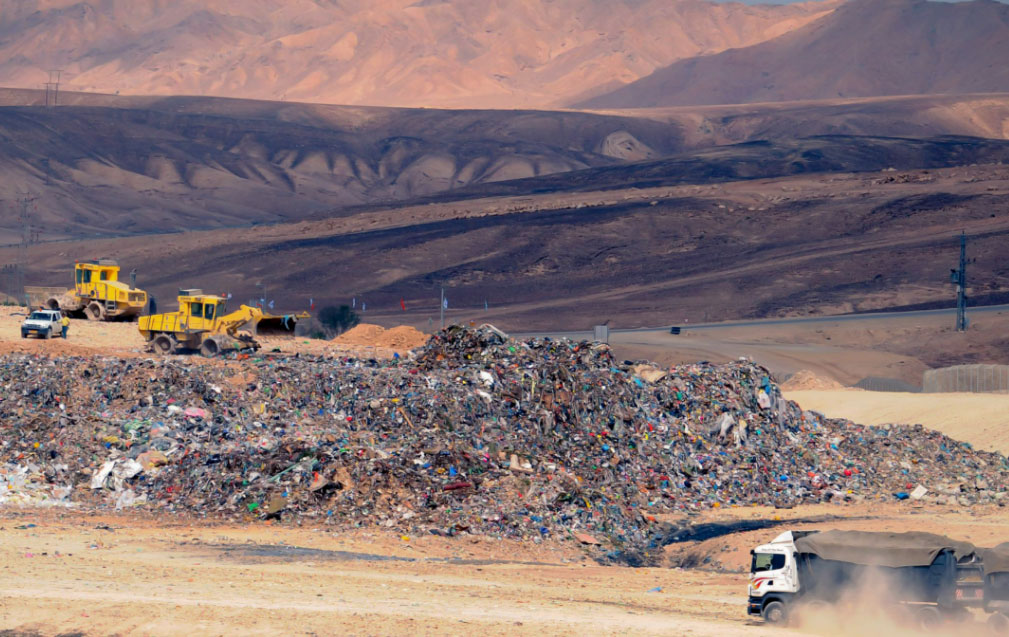
Photo: Milner Moshe

Challenges
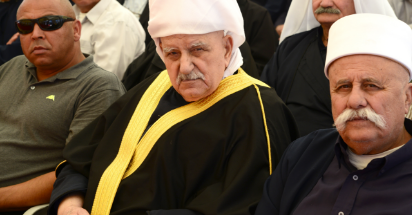
Harnessing Science, Engineering, and Higher Education as scaffolds for pluralism and consolidation
Developing tools to cultivate communities that operate inclusively while safeguarding diversity and freedom, and are aware of the environmental implications of their actions.
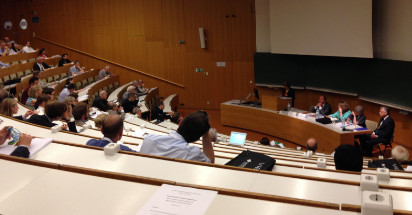
Modalities for the evolution of higher education in society
Formulating higher education policy that adapts to socioeconomic dynamics and is responsive to changes in institutional frameworks and global trends.

Ensuring responsible scientific progress
Designing policy that encourages high-level and responsible scientific activity involves creating frameworks that prioritize ethical research practices, promote transparency, and encourage collaboration across disciplines. Our goal is to ensure that scientific research aligns with societal needs and contributes positively to sustainable development goals.
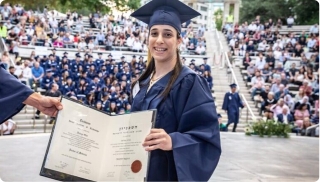
Lorem ipsum dolor sit amet lorem ipsum dolor Lorem ipsum dolor sit amet lorem ipsum dolor
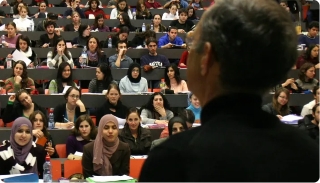
Published in Globes, Israel

Scholar Shield test
If you come across any instances of an academic boycott targeting Israelis (such as academic faculty members, post-doctoral students, or students) or academic institutions in Israel,
Please report here: https://surveys.sni.technion.ac.il/survey/index.php/893414?lang=en

The Academic Boycott of Israel | Status Report for June 2025
The comprehensive report by the Samuel Neaman Institute provides an in-depth analysis of the academic boycott against Israel, focusing on the impact of BDS (Boycott, Divestment, Sanctions) activities on the Israeli higher education system and research community. It highlights the growing threat these campaigns pose to Israel’s global academic standing, which has long been marked by scientific excellence, extensive international collaborations, and strong research output.
The report documents cases of political filtering, institutional exclusion, and both overt and covert boycotts of Israeli scholars. These practices are increasingly affecting academic advancement, international visibility, and the ability to attract foreign students—posing a serious and escalating threat to Israeli academia.
Situating the boycott within a broader context of delegitimization efforts and rising global antisemitism, the report reveals links between hostile states funding and anti-Israel activism on U.S. and European campuses. It warns of the infiltration of radical political narratives into the humanities, suppression of pro-Israel voices, and growing ideological censorship, all of which erode core principles of academic freedom.
In response, the report outlines a series of actionable recommendations across three levels—national, institutional, and individual. These include enhancing international advocacy, establishing mechanisms to monitor and address boycott incidents, forging new global partnerships, creating a network of “academic ambassadors,” and providing the necessary tools, including legal support, to affected researchers. The central conclusion is that a coordinated, multidisciplinary, and long-term strategy—rooted in sound strategic planning—is essential to ensure Israel’s continued scientific prosperity despite the challenges posed by academic boycotts
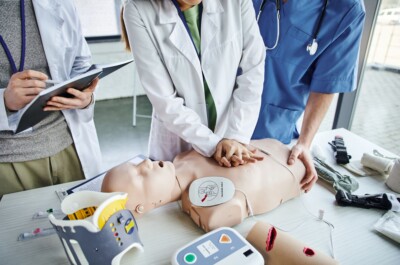
Medical Simulation Centers in Medical Schools – Summary of the round table held at the Samuel Neaman Institute on April 3, 2025
The Samuel Neaman Institute serves as a platform for dialogue, collaboration, and the advancement of medical simulation infrastructure and continuing medical education.
This report serves as a foundation and starting point for continued activity.
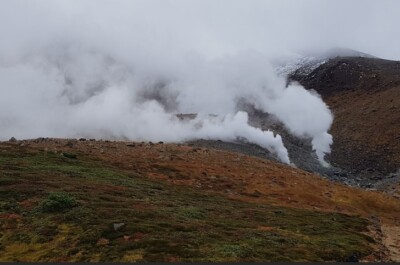
Geothermal Energy – the Application Potential at the Golan Heights
To assess the feasibility of deriving benefits from geothermal energy in the Golan heights, the Samuel Neaman Institute convened a stakeholder forum to discuss the geothermal geo-physical potential, possible applications, policy requirements, and environmental considerations. Participants included representatives from the Geological Survey of Israel, the Ministry of Energy, the Water Authority, the Ramat Golan Regional Council, and various Israeli companies whose operations are based on heat energy—such as Ormat, Enogia, OASIX, among others.
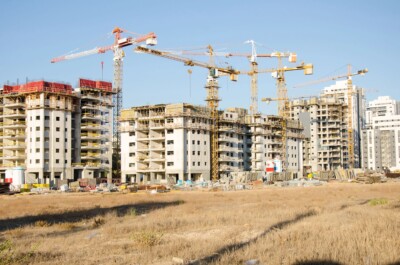
Book launch event for Prof. Meirav Aharon-Gutman’s book – “Standing on Their Own: On Urban Sociology and Mizrahiyut in Israel”
This report presents the proceedings of a conference held to mark the launch of Prof. Meirav Aharon-Gutman’s book, Standing on their own : on urban sociology and Mizrahiyut in Israel (2025).
It includes not only congratulations and commendations for the author and her work, but also a series of lectures by leading scholars addressing the book’s central themes.

SCHOLAR SHIELD
If you come across any instances of an academic boycott targeting Israelis (such as academic faculty members, post-doctoral students, or students) or academic institutions in Israel,
Please report here: https://surveys.sni.technion.ac.il/survey/index.php/893414?lang=en



